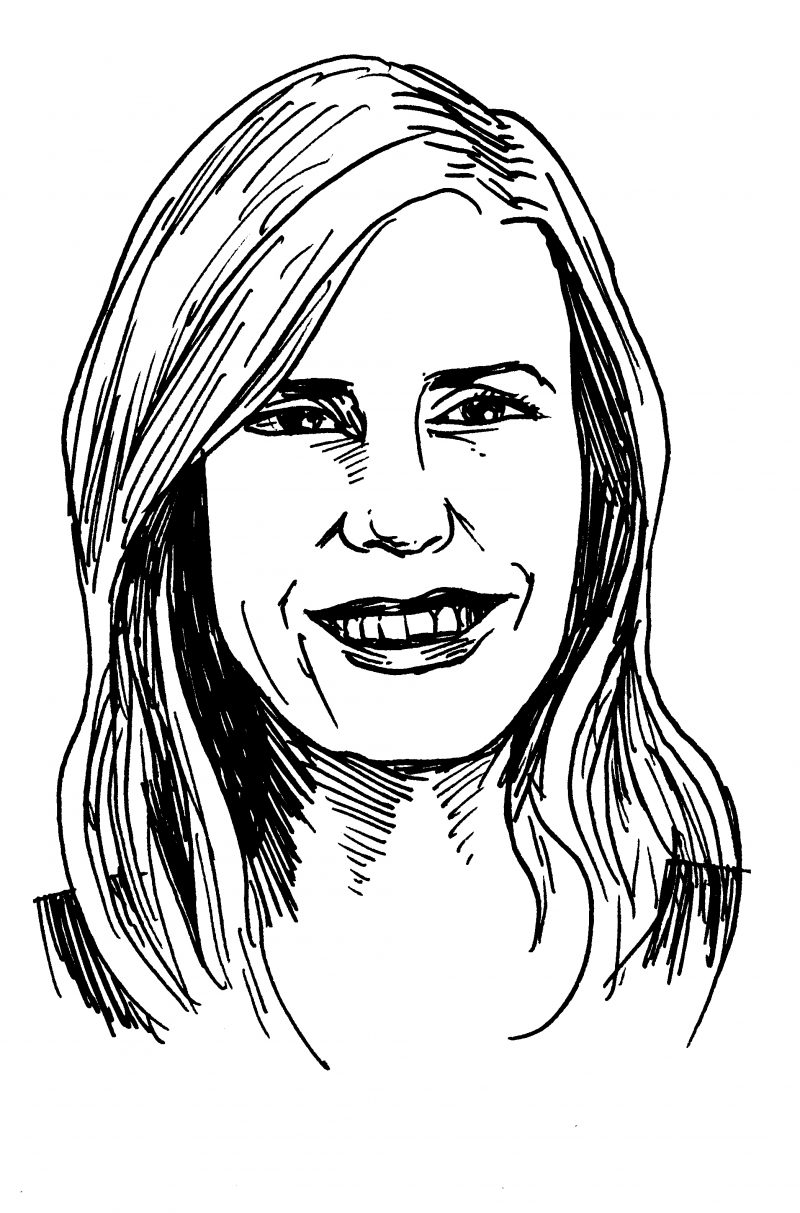Southern California in mid-July. My ex-husband and I were headed to Huntington Beach because that’s where the Baller, a shooting guard who’d been playing basketball since she was seven, wanted to celebrate her eighteenth birthday.
(We have three daughters—herewith known as The Scholar, The Baller, and The Baby.)
“I hate Huntington,” I said. “My least favorite beach.”
“I didn’t want to go either,” my ex-husband said. We were driving behind my van, the dark green Mercury Villager I. Today my van was packed with teenagers. Behind the wheel was The Scholar. Next to her, The Baller. In the backseat, The Baby, along with Neka, one of our daughter’s high-school teammates. And in the middle was Bink, another former teammate, and The Baller’s boyfriend. We call him our Laurie. My house, full of my little women (though they are all taller than I am), has for years seen various successions of boys who have tried to be the equivalent of Louisa May Alcott’s Laurie. This one seems close. Our Laurie is willing to sit on the couch with all three girls and any attendant girls and watch She’s the Man or Fired Up! He cooks for himself. A lefty quarterback, he throws the tennis ball accurately and untiringly for the dog. His favorite phrase, uttered with deadpan sympathy: “That’s unfortunate.”
“Look at this traffic,” I said. “This is why I hate going through Orange County.”
The I-91 freeway. Four lanes each way, often the most congested in the nation.
My ex-husband and I have known each other since the eighth grade, when he was a basketball player and I was an ex-cheerleader. (My mother had run me over, accidentally, with her own 1966 Ford station wagon, effectively ending my career two weeks after it began.)
I looked at his foot on the gas pedal. He hardly ever wears sandals. Regulation boots at his correctional officer job. Size fourteen. When we were in high school, and he was an All-County power forward, one of his nicknames was Feets. Mine was It-Z-Bits. He’s six-four and goes 305 pounds. I’m five-four. 105.
We have been divorced now for twelve years. But we still see or speak to each other almost every day. Where we live, in the easily jeered-at Inland Empire, we know countless ex-couples like us. Whether it’s because we can’t afford to move away after we divorce, or we’re just too lazy to dislike each other efficiently and permanently, it seems to work.
The Scholar would be a junior at Oberlin, and this summer received a research fellowship at Cal Tech. The Baller would start USC in weeks, with nearly a full scholarship. The Baby had...
You have reached your article limit
Sign up for a digital subscription and continue reading all new issues, plus our entire archives, for just $1.50/month.
Already a subscriber? Sign in





